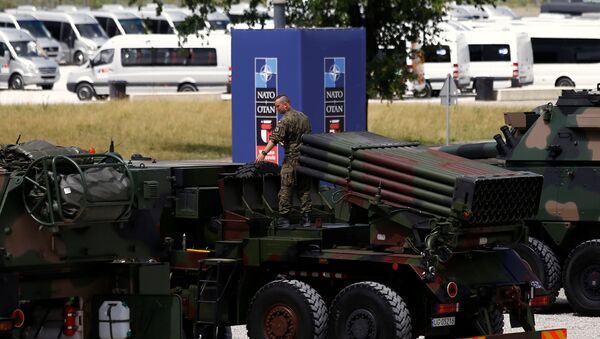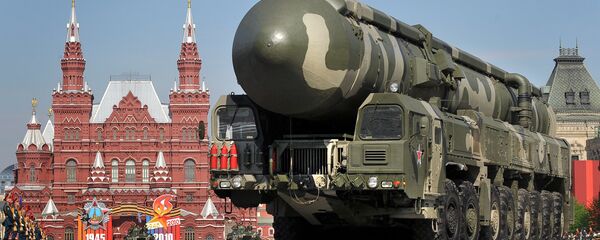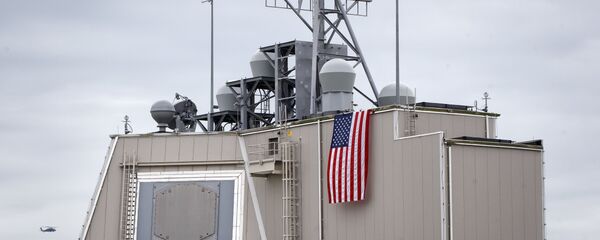In the run-up to the meeting, the Russian Foreign Ministry indicated that NATO's military buildup in Eastern Europe would dominate the agenda. Attention was also devoted to resolving the military crisis in eastern Ukraine, US missile defense in Europe, the safety of military aircraft in the Baltic Sea, the NATO war in Afghanistan and regional terrorist threats, among other issues.
Relations between Moscow and the alliance deteriorated considerably between February and April 2014, following a US and EU-supported coup d'état in Kiev, Crimea's decision to break off from Ukraine and rejoin Russia, and the beginning of a civil war in Ukraine's southeast, which Western countries blamed on Russia. Amid the crisis, the work of the Russia-NATO Council was temporarily suspended, only resuming its activities in April of this year.
Speaking to Radio Sputnik, Sergei Ermakov, a senior analyst at Moscow's Russian Institute for Strategic Studies, suggested that while serious compromises were unlikely to be reached, the importance of the meeting could not be overstated.
"Within NATO, the concept of 'meaningful dialogue with Moscow' is understood in its own way; that is, based on its own interests," the analyst noted. "The constant appeals from Brussels emphasize that Moscow should take NATO's point of view, and essentially cave, withdraw its troops from the border [with NATO countries], return Crimea to Ukraine, and the list goes on. Naturally, Moscow finds these proposals unacceptable."
Following the alliance's summit in Warsaw, an opinion has formed inside Russia and elsewhere that NATO is preparing for a hot war with Moscow. This, a number of commentators have warned, is evidenced by the alliance's decision to station troops in Poland and the Baltics, by the increasing frequency and scale of exercises held on Russia's borders, by incidents in the Black and Baltic seas involving NATO air and naval power, and by the US missile defense complex being set up in Romania and Poland.
Unfortunately, Ermakov suggested, Russia has every reason to be concerned.
"NATO is a military alliance, with all the attendant implications. As far as a full-scale war with our country is concerned, NATO is not actually ready for this at the moment, but it very well could be in the future. The alliance is deploying very serious, comprehensive military infrastructure on the territory of its newest members. And this of course is not limited to those military forces stationed or deployed directly on the eastern and southern borders of the alliance."
NATO has been repeatedly criticized, and not just by Russia, for its expansionist tendencies and ambitions to project power far beyond the limits of their member states' genuine security needs.
In a recent article for Spiked magazine, columnist Tim Black slammed the disingenuousness and hypocrisy of alliance officials' rhetoric, suggesting that NATO's vision of "global order and stability" factually amounted to "military posturing" against Russia "on the increasingly nebulous borders of the EU."
Black argued that the alliance's prevailing narrative, its rhetoric of a Russia which is 'deluded, dangerous and aggressive', is really merely justification for NATO's "increasingly agitated and provocative military gestures."
Russia's actions since the Ukraine crisis, the columnist emphasized, were "not those of a power-crazed military aggressor." Rather, "they're those of a nation state with relatively clear strategic interests, chief among them being the protection of its borders, and beyond that, preserving regional stability." Russia, according to Black, "is not so much driving conflicts as it is responding to them," whether in the Middle East, the Baltics, or Ukraine.




